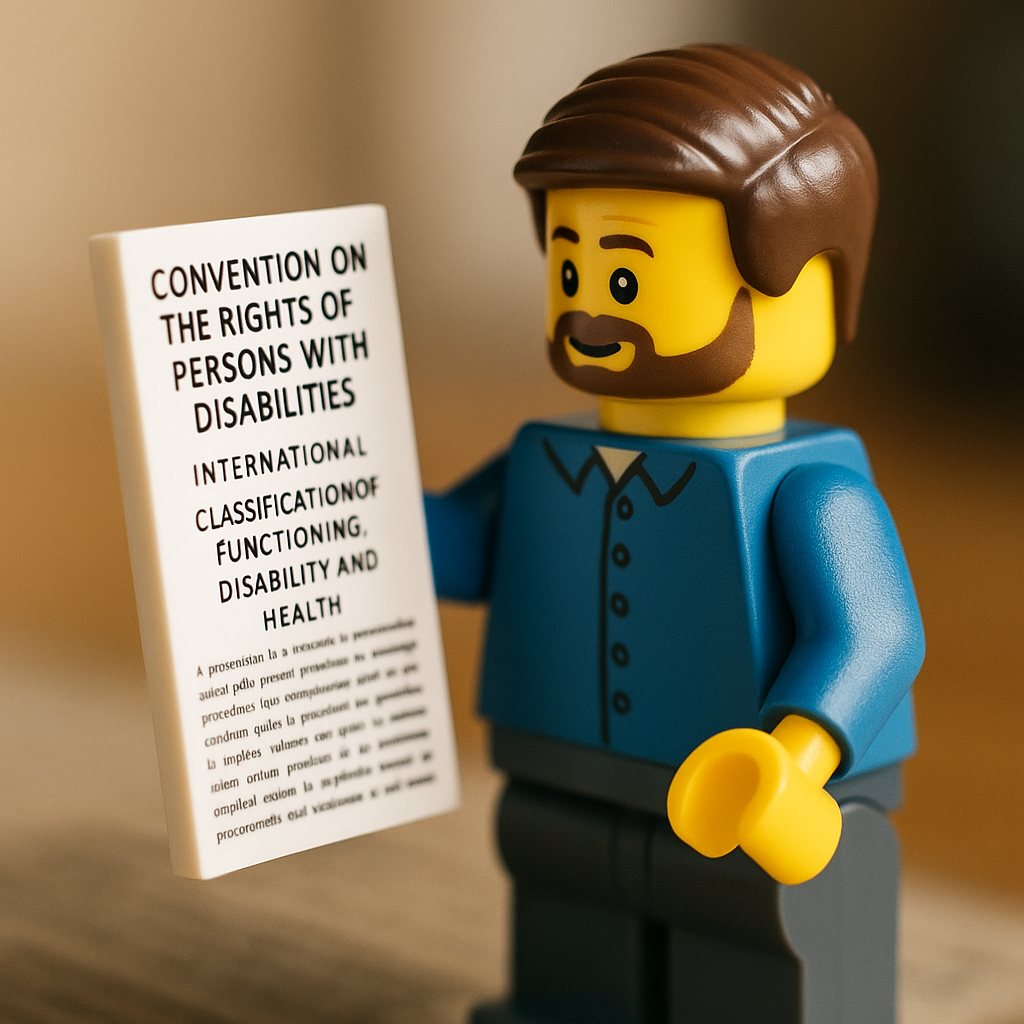Evidence-Based
At Social Beings Speech Pathology, our work is guided by Evidence-Based Practice (EBP) — more specifically, the Expanded Evidence-Based Practice (E4BP) framework.
This approach recognises that effective supports are built not only on research, but also on professional wisdom, lived experience, and the environments people live and communicate in.
It’s about bringing together the best of science and humanity — so that supports are both effective and meaningful in the real world.
We draw on four key domains to guide every decision, recommendation, and plan.
1️⃣ The Research Evidence
We look to the current research and literature to understand which approaches, assessments, and interventions are most appropriate for the people we support.
That means choosing strategies that are supported by evidence — particularly those aligned with neurodiversity-affirming and trauma-informed principles.
We critically evaluate methods and avoid approaches that don’t align with the evidence base or with community values — for example, traditional behaviour-based communication systems such as Picture Exchange Communication System, which are not supported by contemporary research or by the neurodivergent community.
Our commitment to research means we stay informed, reflective, and responsive — ensuring every service we provide is grounded in credible, current evidence.
2️⃣ Clinical Experience
Evidence doesn’t live on paper — it lives in practice.
Our clinical experience spans almost 15 years of supporting adults with intellectual and developmental disabilities, often with dual diagnoses, across both metropolitan and regional communities.
This depth of experience helps us understand what works in real life — what helps people to communicate more easily, connect more deeply, and participate more fully in their communities.
Clinical experience allows us to adapt evidence to each unique situation, ensuring supports are practical, responsive, and aligned with each person’s real-world needs and preferences.
3️⃣ The Participant’s Perspective
Each person is the expert in their own life.
We work collaboratively to understand the participant’s goals, values, and perspectives — what matters to them, how they prefer to receive support, and what they see as their own strengths and challenges.
We also consider the perspectives of the broader communities people belong to, including the neurodivergent community, whose lived experience offers valuable insight into what constitutes respectful, empowering, and ethical practice.
In this domain, we also recognise the role of qualitative research — studies that capture the voices and lived experiences of particular client groups and communities.
This kind of research provides rich, nuanced evidence about how people experience interventions, assessments, and supports.
However, while qualitative findings can guide and inform practice, they don’t replace the importance of listening to the individual in front of us.
It’s essential to consider whether the outcomes reported in the literature reflect the things that are meaningful and valued by each person and their family.
At Social Beings Speech Pathology, we combine these layers of understanding — the individual’s voice, community perspectives, and emerging qualitative evidence — to shape supports that are deeply person-centred, culturally and socially responsive, and grounded in shared values.
We keep an ear to the ground for what community bodies and advocacy groups are saying about emerging practices, terminology, and approaches — ensuring our services remain respectful, current, and consistent with the evolving perspectives of the people we serve.
“We listen to the person, the community, and the evidence — and bring it all together to create supports that truly fit.”
4️⃣ The Practice Context
Every person’s communication journey takes place within a broader system — influenced by international, national, and local factors.
In the E4BP framework, this is called the practice context, and it reminds us that effective, ethical, and inclusive practice depends on understanding these wider influences.
At Social Beings Speech Pathology, we consider practice context at every level:
🌍 International Level
We’re guided by global frameworks that uphold human rights and inclusion, including:
The United Nations Universal Declaration of Human Rights (1948)
The United Nations Convention on the Rights of Persons with Disabilities (2006)
The World Health Organization’s International Classification of Functioning, Disability and Health (ICF)
These frameworks remind us that communication is a human right — and that participation, not impairment, is the true measure of inclusion.
🇦🇺 National Level
At a national level, our work aligns with the National Disability Insurance Scheme (NDIS) and broader Australian disability policy frameworks that promote choice, control, and social participation.
We actively engage with Australian research, clinical guidelines, and position statements to ensure our practice remains current, ethical, and grounded in local evidence.
🏡 Local Level
At a local and organisational level, we consider the real-world factors that shape support — service delivery models, staffing, training, equipment, and funding.
We also look closely at each person’s immediate environment — their home, workplace, and community spaces — to identify both barriers and facilitators to communication, participation, and connection.
Understanding the practice context helps us design supports that are realistic, sustainable, and respectful — ensuring what we plan together can truly work in the person’s everyday world.
“Evidence-based practice isn’t just about what works in theory — it’s about what works for this person, in this place, right now.”
🌿 In Summary
Evidence-based practice is about more than following the research — it’s about weaving together the best available evidence, professional wisdom, lived experience, and contextual understanding to create meaningful, person-led supports.
At Social Beings Speech Pathology, this means every service is informed, reflective, and grounded in both science and humanity.
“We bring together what we know, what we’ve learned, and what matters most — in the real world.”


